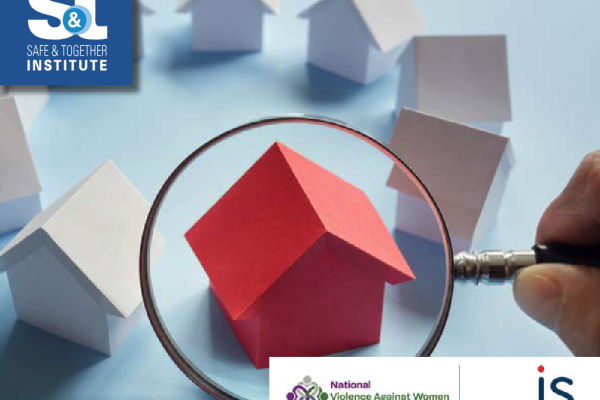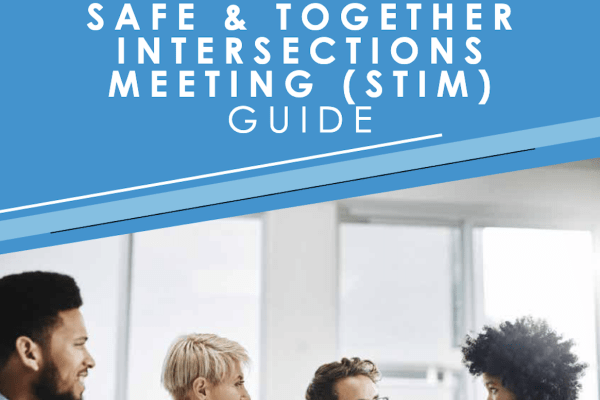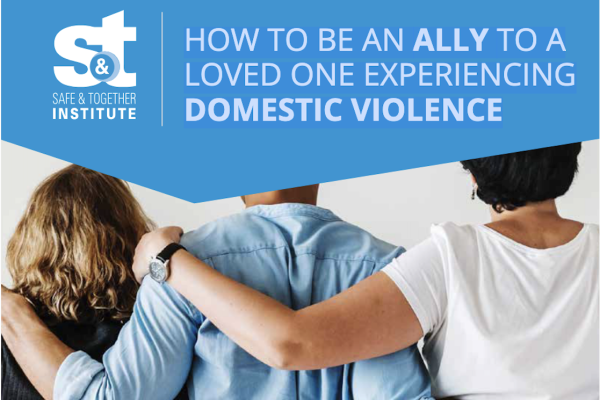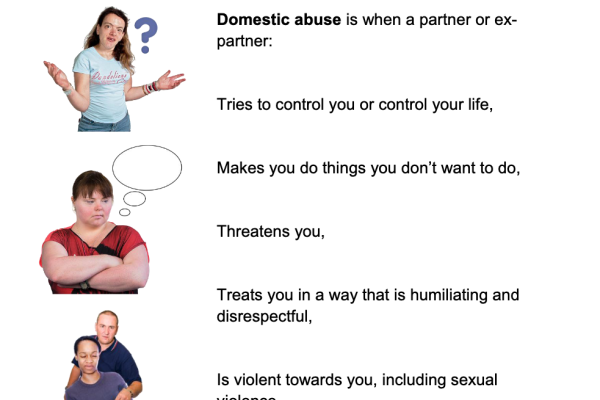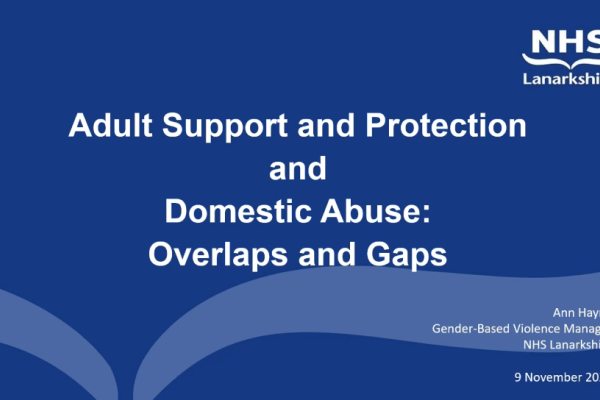Coercive and controlling behaviour (5 Nations)
These are the slides from a 5 Nations webinar held in December 2024. This series of webinars shares adult support and protection / safeguarding knowledge across the Republic of Ireland, Northern Ireland, England, Scotland and Wales.
The theme of this webinar is coercive and controlling behaviour with a particular focus on older people's relationships. The sessions are:


